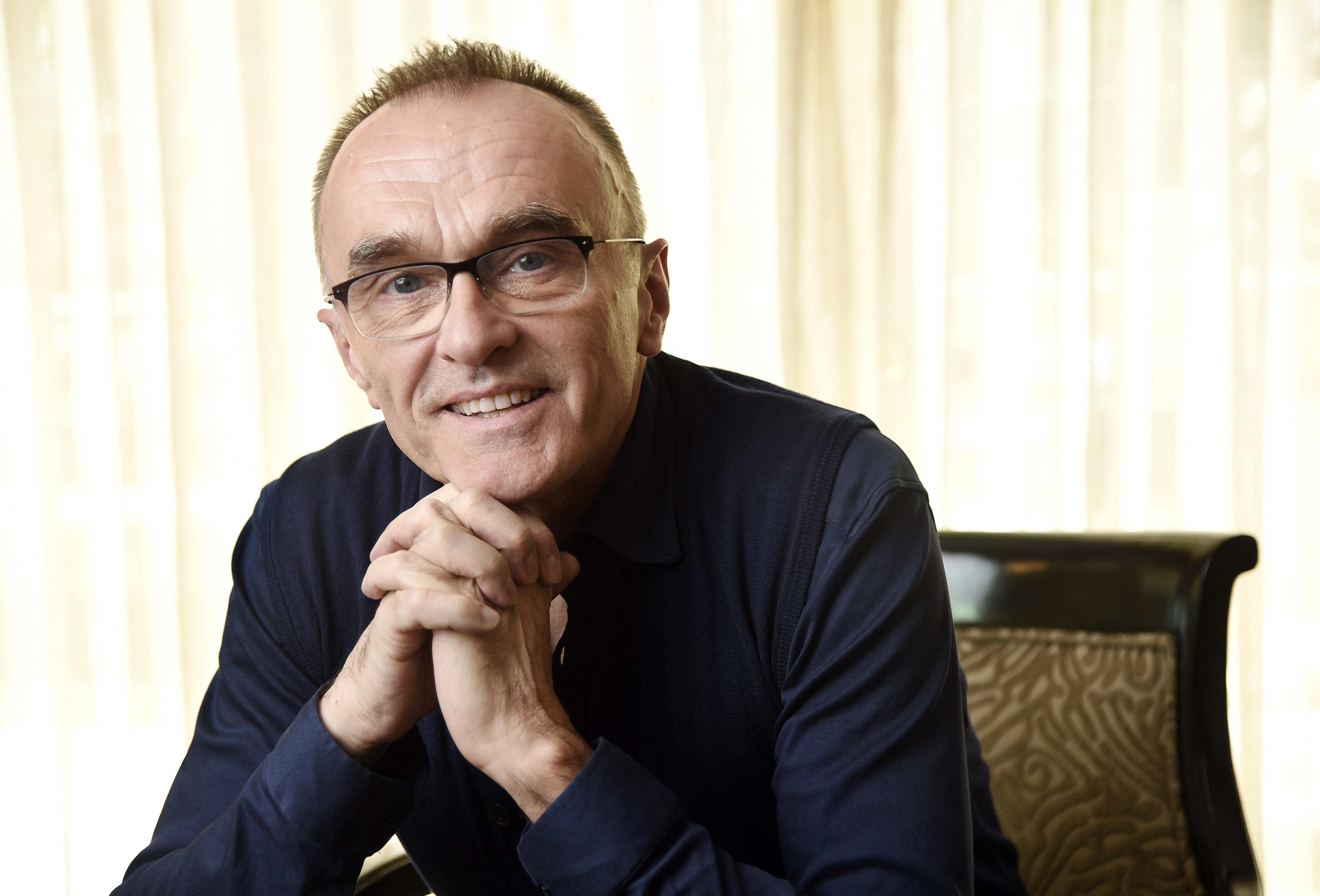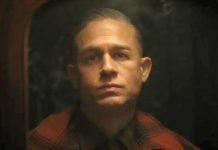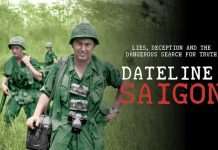Los Angeles (AP) – It’s been over 20 years since “Trainspotting” took audiences deep inside the alluring, unsettling world of young, Scottish, Iggy Pop-loving heroin junkies and director Danny Boyle is feeling reflective. Since his massively successful second feature film, Boyle has won an Oscar, directed the Opening Ceremony of the London Summer Olympics and made a point not to repeat himself.
But “Trainspotting” was different. It not only launched his career, but boosted that of his actors — Ewan McGregor, Jonny Lee Miller, Ewen Bremner and Robert Carlyle. And after two decades, author Irvine Welsh, screenwriter John Hodge and Boyle knew they had something tangible to work with: Mortality.

Boyle talked to The Associated Press about getting the gang back together and how “T2” is even more personal than the first.
AP: Why do a sequel now?
Danny Boyle: “Trainspotting” was a big hit, but there was no talk about making a sequel then. I don’t know if the business was a bit more naive, because now if you have a hit, everyone would be going, “Can you do another one, maybe set it in Amsterdam?”
Irvine wrote a book seven years later after the film. We did look at that and we did try to adapt that. We didn’t do very well with it. And then 20 years later loomed on the horizon as a possible last opportunity for an anniversary and we got together and something more personal emerged.
AP: Why more personal?
Boyle: It’s a much more personal film than the first film, because it’s about aging and men aging. In your 20s, you don’t care about consequences. It’s reckless. They get to their mid-40s and they have to atone for what they’ve done and realize that time doesn’t care about them.
AP: Sick Boy (Miller) even has the same bleached hair.
Boyle: That was me. Jonny wanted to have a shaved head. I said, “I literally can’t make the movie unless Sick Boy has the same hair.” It’s a distillation of why men are so bad at aging. They will do anything. Women get such flak about age and time, but women age much more sensibly than men. They understand. Men just ignore it. “I am 25. I am still attractive!”
AP: Was it difficult to get the original actors on board?
Boyle: No, I knew when we got the script. I sent it straight to them and I knew they’d do it. I said, “Look, we’re going to do it like we do the first film. You’ll all be paid the same. I don’t want any agents or managers involved in any discussions. You come back and you make this because the original did so much for all of us individually and we owe it to the town, Edinburgh, where the stories originate, and you will not get a better script than this anyway in your other careers.” And they all agreed. I knew they would.
AP: Did going back make you realize anything about your own career?
Boyle: I have a philosophy of trying to do something different every time, which is stubbornly awkward and deliberate. I’m not sure how natural it is but that’s what I do. I try to do something different, a different tone, a wildly different subject matter. But this you have something that you have to refer to. And it cross breeds with this other obsession I have, and I think that the tendency to try to do something different is a product of this, which is: I think your first film is your best film always. And I look at other directors and think they’ll never be that good again. You don’t know all the skills. It’s such a cunning, technical medium, film, and once you access those skills you become a technician. And when you don’t have them you’re just a wanderer. And it can go badly wrong, but if you’re lucky and it works, it’s magical.
AP: Finally, why “T2”?
Boyle: When we started, everybody said, “It’s going to be called ‘Trainspotting 2.'” And I was like, “No, this is its own film. I don’t want you just deciding it’s a sequel. We’re going to not even have ‘Trainspotting’ in the title.” You could see them going, “What the … how are we going to market that?”
The original title was a terrible title. It was called “The Least Unfamiliar.” You want the film to have its own identity, so if you want to move away totally from the first film, you can. You don’t want to be chained to the first film, even though you are. You know you’re going to have to give in eventually and we did give in at some point. I said, “Well, if you ask these characters what they would call their sequel, they would call it ‘T2’ because their favorite sequel is ‘Terminator 2’. So we called it “T2” and they added “Trainspotting,” of course, because, they could.




